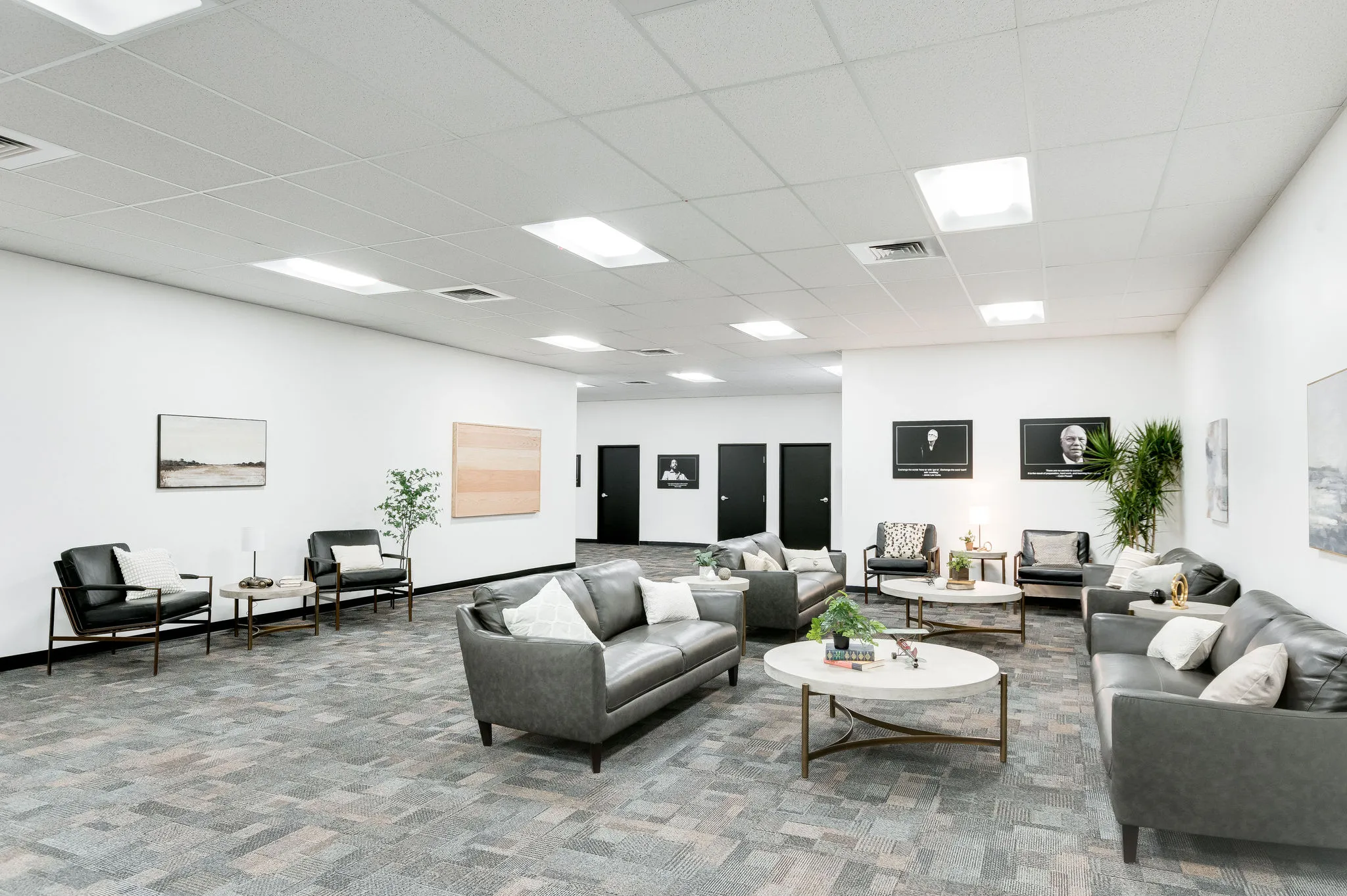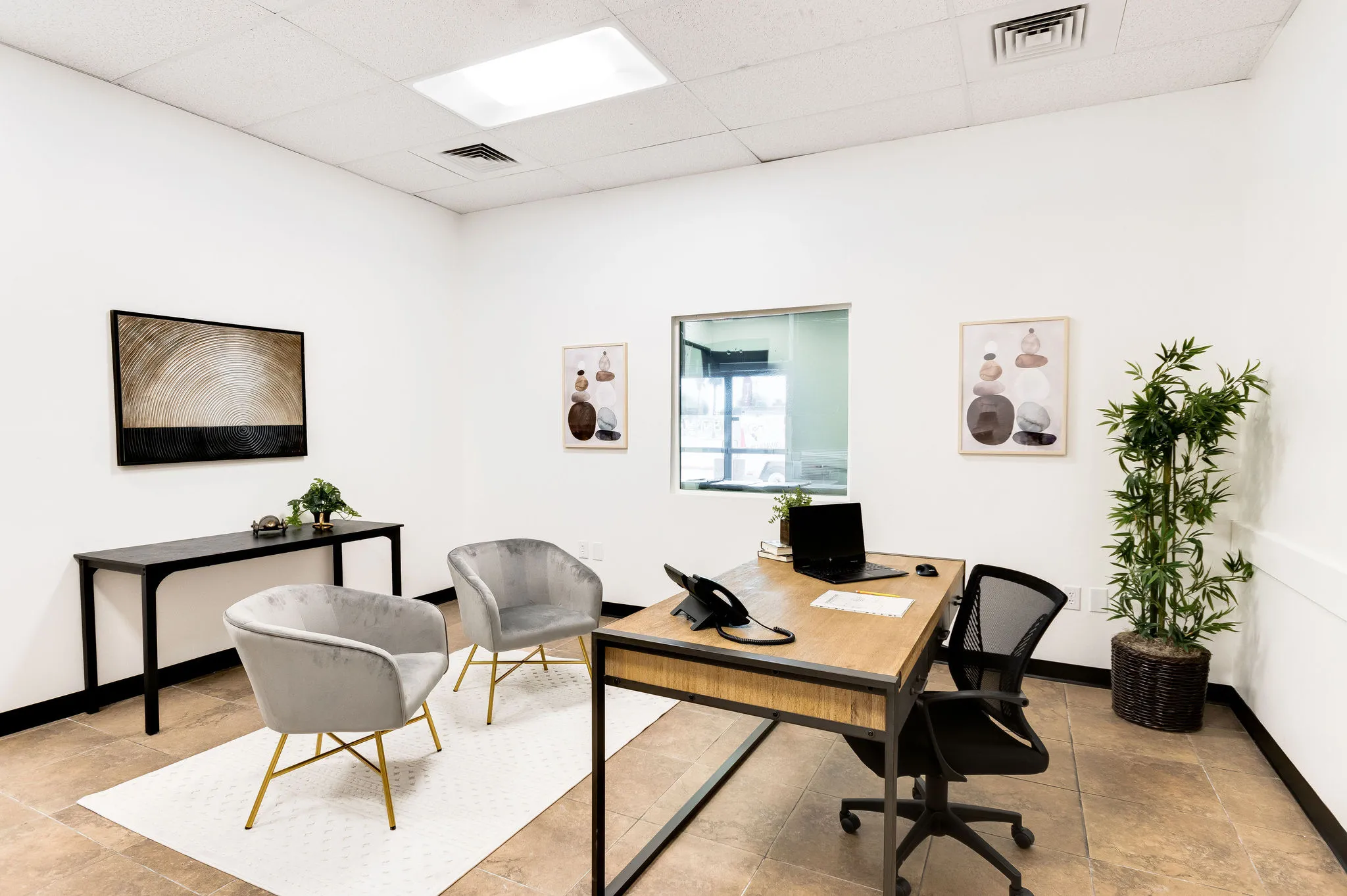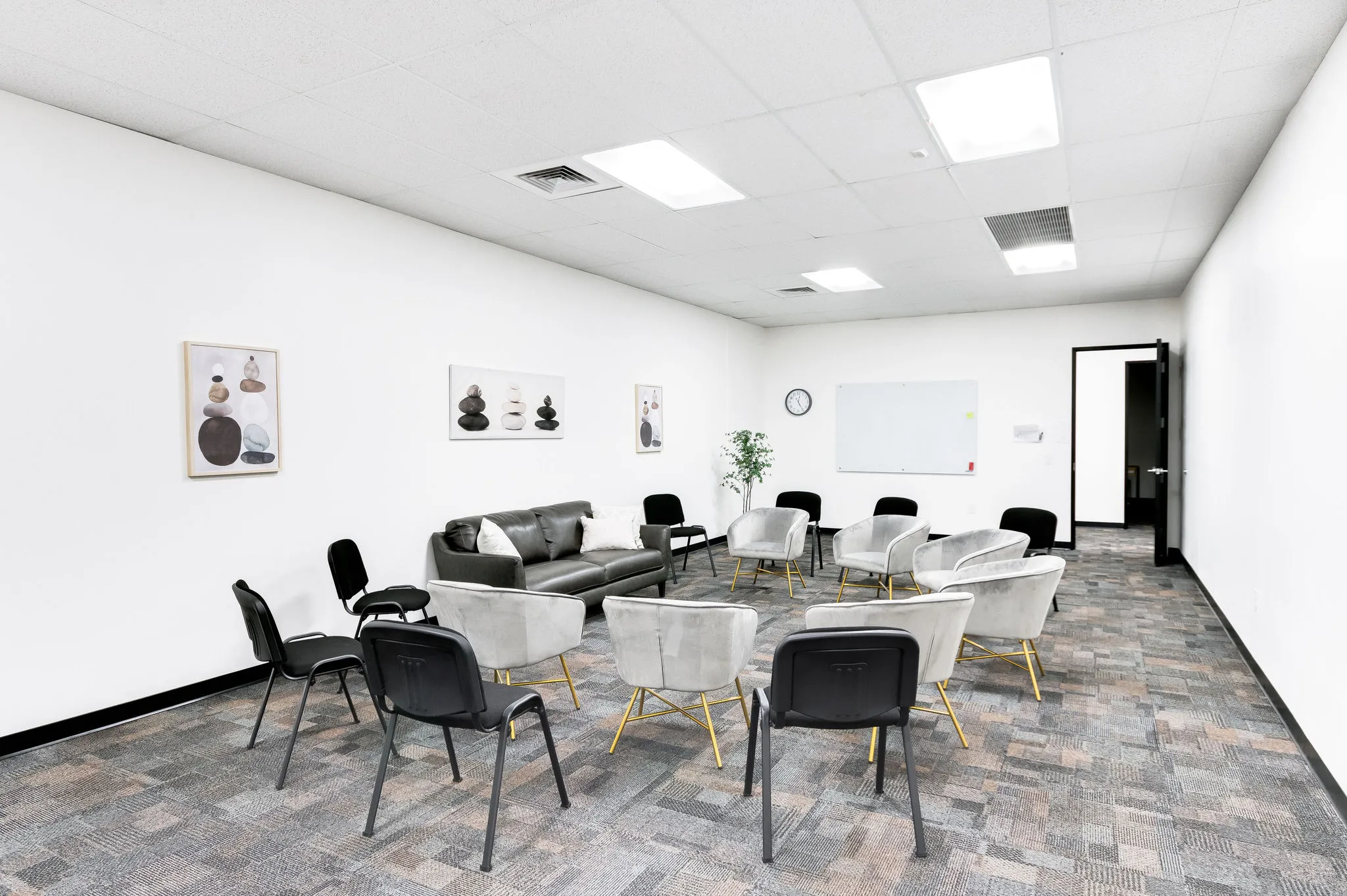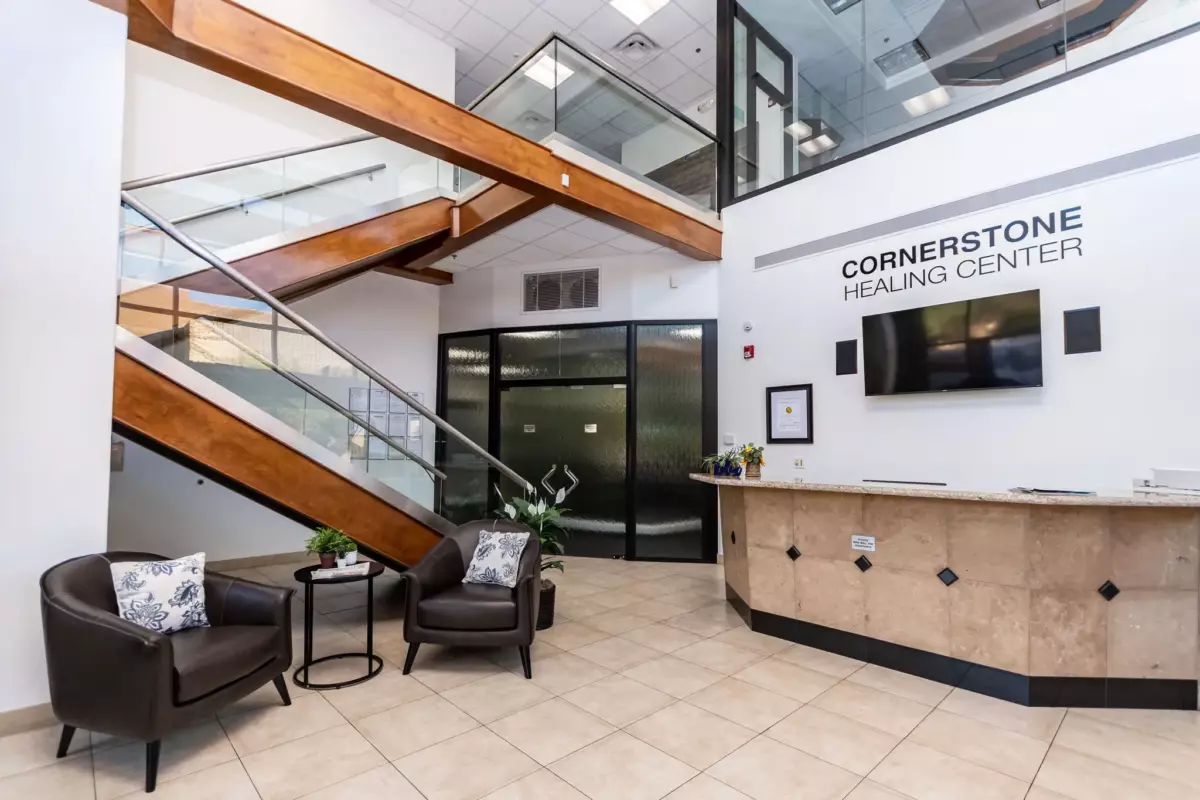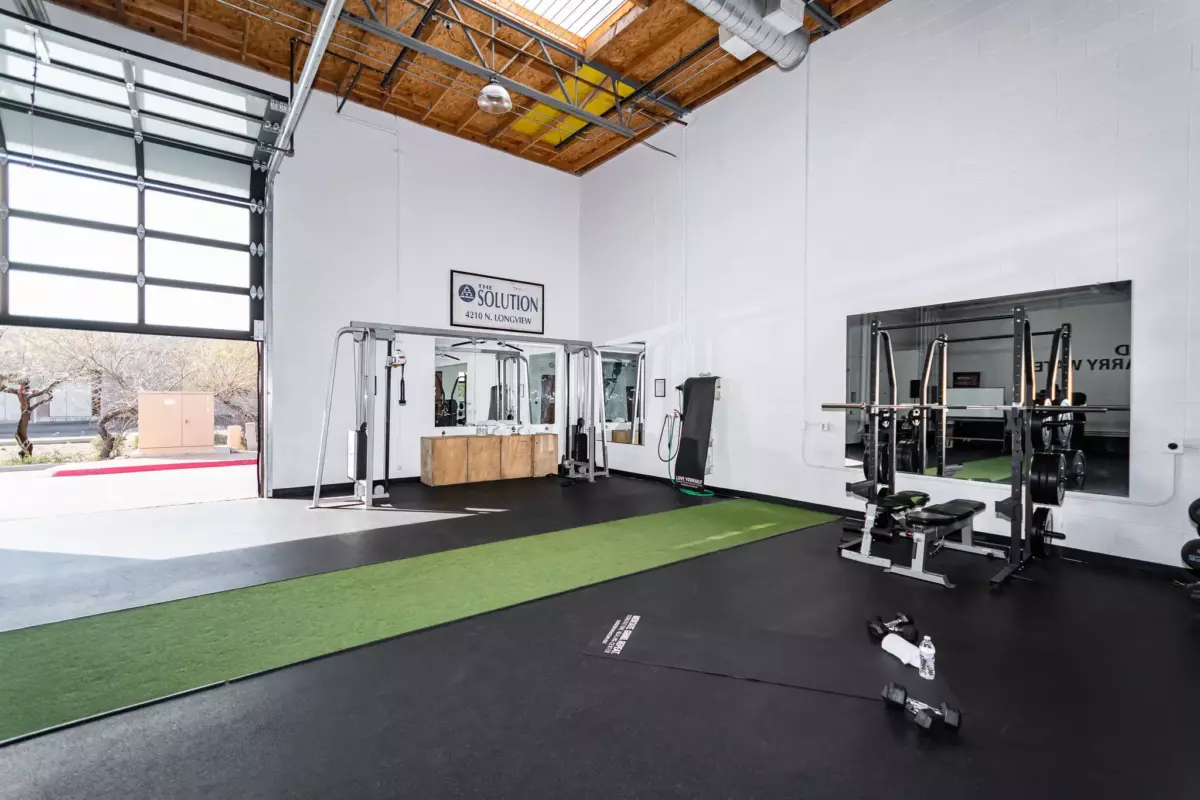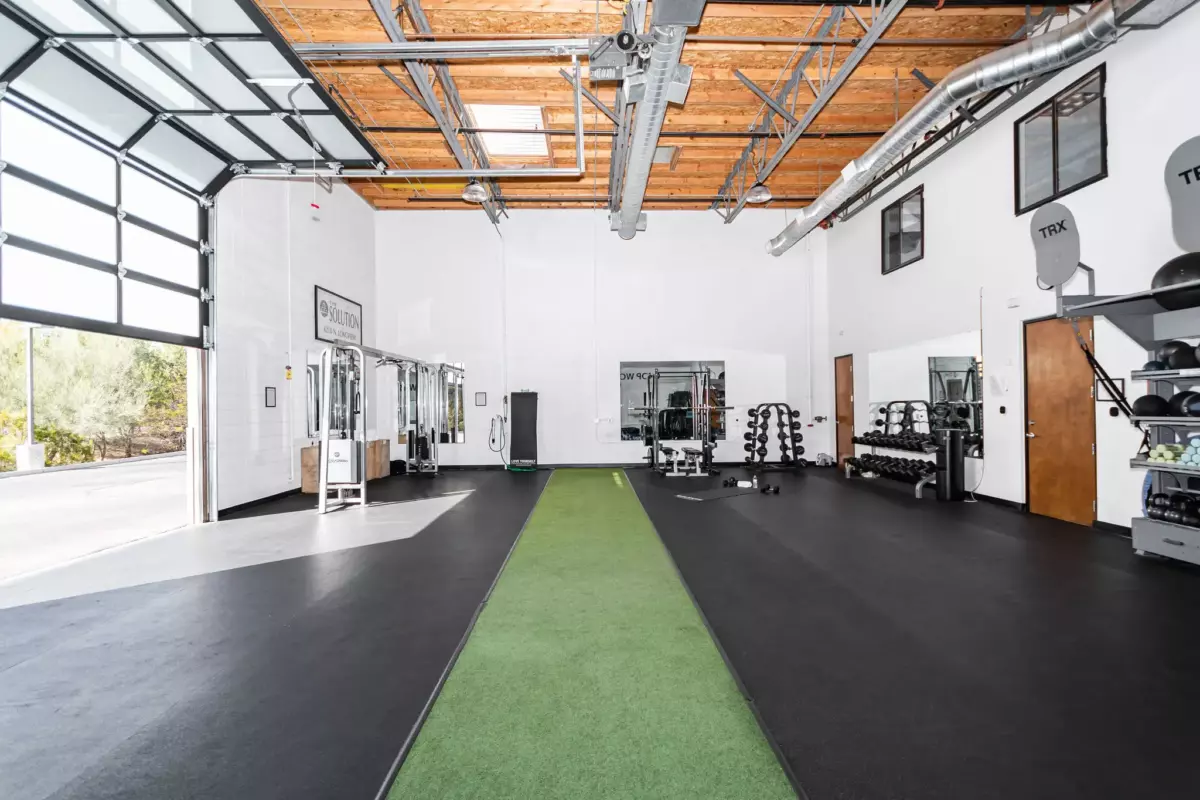Cornerstone
Addiction Treatment
Live the life you deserve
Get Lifesaving Addiction Treatment in Arizona
Now Accepting AHCCCS Health Choice,
Mercy Care, TriCare, and Triwest
Addictions we treat at Cornerstone
One of the highest rated drug rehab centers in Arizona
Cornerstone is a Scottsdale addiction rehab that saves lives. The reality is that, over time, addiction can take a tremendous toll on everything it touches. Addiction leaves no aspect of your life untouched, whether it’s your mental health, physical health, relationships, or finances.
Cornerstone Healing Center is a leading Arizona drug rehab that understands how addiction impacts lives. We’ve created addiction programs that heal the things that addiction destroys the most, which you may believe are beyond repair.
We are committed to sustainable long-term results. Our team works alongside clients, offering compassion, trust, and high-quality treatment. We want to send you the message that there is hope; you are never too broken to start your healing journey and enter a new world of recovery.
Programs We Offer
How We Treat Addiction

Individual Therapy
Trauma Informed Therapy
Trauma-informed therapy focuses on providing our patients with a compassionate and supportive environment where the patients, staff, family, and friends, are all healing.
This type of therapy creates a feeling of togetherness that helps individuals overcome their trauma without feeling shame, guilt, or isolation. Guiding our patients to overcome their trauma, or events that severely affected them, can improve their chances of success in recovery.
It can also divert their attention to making healthier choices, which includes creating an option to walk away from hurt memories and refusing to rely on drugs to distract themselves from their pain.

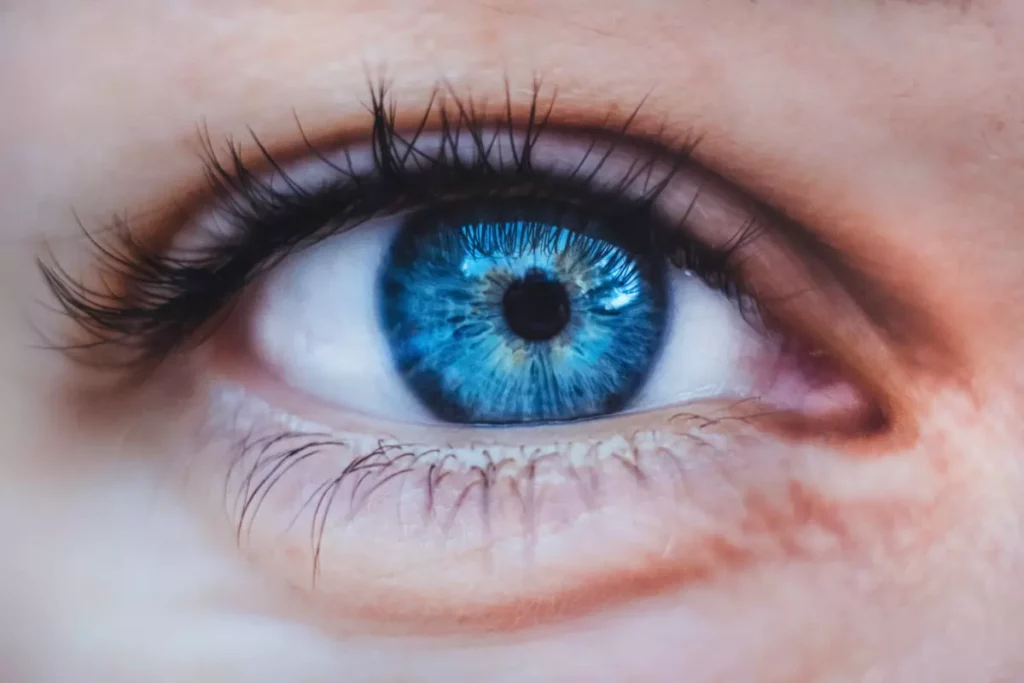
Eye Movement Desensitization and Reprocessing
Our therapists help clients identify and process traumatic events in their lives that have come to shape who they are today. Identifying trauma develops a treatment plan where the main focus is on helping the client overcome the traumatic experiences.
The aim is that their trauma no longer has a hold over their day to day life. We have seen it time and time again, once traumatic wounds have been identified and processed thoroughly, our clients make great strides in their recovery.
RESIDENTIAL SUBSTANCE ABUSE TREATMENT
Our Treatments and Therapy Sessions
We Treat Co-Occuring Disorders
Treatment for polysubstance use
Polysubstance abuse refers to addiction to multiple substances at once—for example, a drug addiction and alcohol addiction.
Some of the most common polysubstance addictions are:
- Alcohol and benzodiazepines
- Alcohol and opioids
- Opioids and benzodiazepines
- Methamphetamine and heroin
- Multiple opioids, such as heroin and fentanyl
The risks of polysubstance abuse are more significant than any drug addiction. The combination leads to major physical health effects, including organ damage, loss of cognitive abilities, and even physical dependence.
The more significant risk is an overdose or death. Combining two substances without knowing whether it is lethal is far too huge a risk. If not treated promptly, the abuse can quickly become an addiction. The treatment for this dependency is more complex.
The focus is not on one addiction; each has to be individually targeted and treated.
Meet Our Clinical Team

Clinical Director of Scottsdale Program
Lionel is a Licensed Independent Substance Abuse Counselor (LISAC) with over 4 years at Cornerstone. Passionate about helping those with addiction and mental health struggles, and he has trained as an EMDR therapist, adopting a trauma-informed approach to find and treat underlying root causes with empathy.
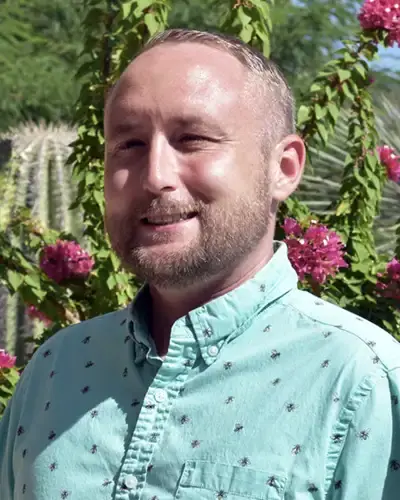
Clinical Director of Phoenix Program
Nate began his recovery journey in 2010 and earned a Master’s in Social Work from ASU. He’s been in the Behavioral Health field since 2013. Specializing in CBT, DBT, and grief, Nate is now the Clinical Director of our Phoenix program, underlined by his passion for helping others who struggled with substance abuse issues as he did.
FAQs About Addiction and Treatment
Get answers to the most commonly asked questions about Cornerstone's addiction treatment for specific addictions.
We understand that it is important to do your research and find a treatment center that is right for you. Going to treatment is a very impactful decision.
The best way to know if Cornerstone Healing Center is the right choice is to speak with a representative of our treatment center and ask questions about our approach to treatment.
Substance abuse disorders are frequently underestimated. People often think that drinking or drug use is a phase that will be grown out of. The research is clear, addiction must be treated, and early intervention is always best.
The point of getting treated is not just to eliminate the reliance on drugs but also to recognize the root cause of the problem. Is there a reason behind the drug use? Getting to the bottom of this requires participating in therapy in an honest and committed way.
By getting treatment, you are protecting yourself from continuing the path of self-destruction. You unlearn patterns causing your addiction, replacing them with healthy habits that fuel your growth.
If you choose to ignore your addiction or get treatment, your disease may have a snowball effect. The symptoms that you are experiencing right now will only worsen. Your physical health, immune system, and mental health will further decline.
There are numerous treatments available in order to help individuals overcome addiction. Medication-assisted treatment is one such approach, whereby medications are prescribed by a medical professional such as a doctor or nurse practitioner to help curb cravings and minimize withdrawal symptoms.
Psychoeducation is another common treatment approach that involves teaching coping skills, techniques for managing cravings, and relapse prevention plans.
Behavioral therapies are also frequently utilized to explore triggers and barriers to recovery, modulate negative thoughts and emotions, and develop healthy life styles. In addition, many addiction treatments focus on addressing underlying mental health issues in order to promote long-term sobriety and prevent future substance use problems.
Ultimately, the type of treatment recommended will depend upon the individual’s unique needs as different approaches may be more effective than others depending on the severity of addiction and if there are any co-occurring disorders present.
Cornerstone’s addiction treatment programs are tailored to the individual. We will include assessments and evaluations, helping us to determine the best course of action for each person’s needs.
Our treatment options may include counseling, support groups, spiritual direction, medication management, and lifestyle changes.
Cornerstone recovery plans could involve both inpatient and outpatient therapy elements.
The primary goal of any addiction treatment program should be to build a healthier lifestyle for those addicted to drugs or alcohol, though it is also beneficial for the patient’s family and friends as well.
No matter what form it takes, an addiction treatment program can provide the help needed by those recovering from substance use disorders and put them on a path towards long-term recovery.
Cornerstone’s addiction treatment typically lasts for a period of 30 to 90 days, depending on the severity of the addiction and the client’s ability to respond to treatment.
Residential treatment can often last around 30 days, but our programs such as intensive outpatient programs (IOP) may last up to 90 days or more.
In many cases, clients may also choose to extend their treatment if needed, although it is important that they remain in contact with a qualified addiction professional who can monitor their progress.
In other cases, a client might begin treatment with an understanding that they will stay for a set period of time. Of course, there are many other factors that go into treatment length like financial constraints and external responsibilities.
At Cornerstone, we realize that treatment can be a costly necessity for some individuals and families.
But in our experience, we know that insurance plans will cover a portion or all of the cost of such treatment. Many insurance providers now offer plans that include coverage for addiction treatment, including treatments for substance abuse and mental health problems related to addiction.
When you call our admissions department, we will begin the process of helping you verify your benefits so that we can get a better understanding of the financial aspect.
Fortunately, there are also other options available in terms of upfront payments, and financing addiction treatment programs so those without or with limited insurance coverage can still receive appropriate care if needed.
Cornerstone accepts most insurances and is always working on getting contracted with more so that we can serve a larger portion of the population.
Going to addiction rehab rather than relying on yourself to begin and sustain recovery is a wise decision. Getting treatment for addiction is extremely important since it can profoundly affect the fundamental structures of your life. If you’re reading this, it probably already has.
Rehab can save and reform your life. Withdrawals can be pretty scary and having professional help available can prevent you from relapsing. It is also great to recover in a judgment and stress-free zone where your primary focus remains your health rather than feeling any shame for needing treatment.
You adopt many healthy habits – healthy eating, exercise, hobbies, and coping mechanisms – that guide you for the rest of your life. But most importantly, you get to know yourself.
You recognize your individuality, mistakes, and greatness and continue to live by providing yourself with the love you truly deserve.
Rehab might seem like an impossible mountain to climb, but it is very much possible. You can overcome your triggers, cravings, and damaging desires through will and determination.
Addictions can have a significant and detrimental impact on an individual’s body and mind. When someone experiences a substance abuse disorder, numerous behavioral and psychological changes occur, along with a decline in their overall health.
The symptoms and manifestations of addiction vary from person to person. Some individuals may exhibit few severe signs until the situation becomes unmanageable, while others may be severely affected within a short period.
Symptoms serve as crucial indicators for recognizing an addiction problem and can assist family members or friends in identifying and addressing it promptly.
Potential observations might include:
- Changes in social activities, such as reduced interactions, particularly with family, or a sudden shift in friendships.
- Heightened sensitivity towards privacy, especially concerning received texts or calls.
- Presence of items like cigarette papers and unusual pipes that indicate substance abuse.
- Deceptive behavior regarding location, companions, or reluctance to disclose personal activities, accompanied by an excessive level of secrecy.
- Noticing missing cash or valuable possessions, as drug addiction often leads to financial difficulties, prompts individuals to steal from their homes to meet their needs.
In addition, symptoms can involve rapid weight loss, lack of energy, extreme mood swings, increased signs of depression or aggression, and insomnia. Trusting your instincts and confirming any suspicions becomes essential if you witness these symptoms in yourself or a struggling loved one.
Watching a loved one suffer from any disease is a painful sight. Substance abuse disorders can be even more problematic since the patients distance their family and friends, the people who only want what’s best for them.
However, despite any objections to going into addiction rehab, getting them treatment is incredibly important: the earlier the intervention, the better.
You must act if you are already noticing signs of drug and alcohol addiction. If not, your loved one risks ongoing damage to their mind, body, and spirit.
If you believe they might be resistant or refuse, you can also consider finding an interventionist to help you. Taking decisions like these is quite difficult, but not as much as watching your loved ones suffer.
We can help you help your loved one. Drug and alcohol addictions are known to ruin family relationships. However, Cornerstone Healing Center includes families in the treatment process. We want you and your loved one to heal together.
Through therapy, counseling, and guidance, they will soon recognize that the steps you had to take were essential to save their life and how the difficult decisions you made were out of love and care. We can help you and your loved one strengthen your relationship and rebuild the family structure you once lost.
Drug and alcohol abuse continues to increase in Arizona and the United States. The continuous increase in drug addiction cases is concerning. The state observed a 9.6% increase in substance abuse-related deaths in just one year. Moreover, research shows the treatment rate for the state is 40.9% for drug and alcohol addiction.
There are a lot of stigmas surrounding drug addictions or getting treatment for such a disease which might cause hesitance in individuals.
According to the National Institute on Drug Abuse, there are only 14,500 specialized drug and alcohol rehab facilities in America. Considering the statistics, the addiction prevalence in Arizona is relatively high. The average regional land is near 8.1% within the state. But, between 2017-2019, the prevalence was 6.8%, closer to the national average of 7.4%.
Still have questions about treatment?
Our admissions specialists are here to explain the process, answer any questions you may have, and ensure you’re getting the help you need to live a healthy life free from addiction.







